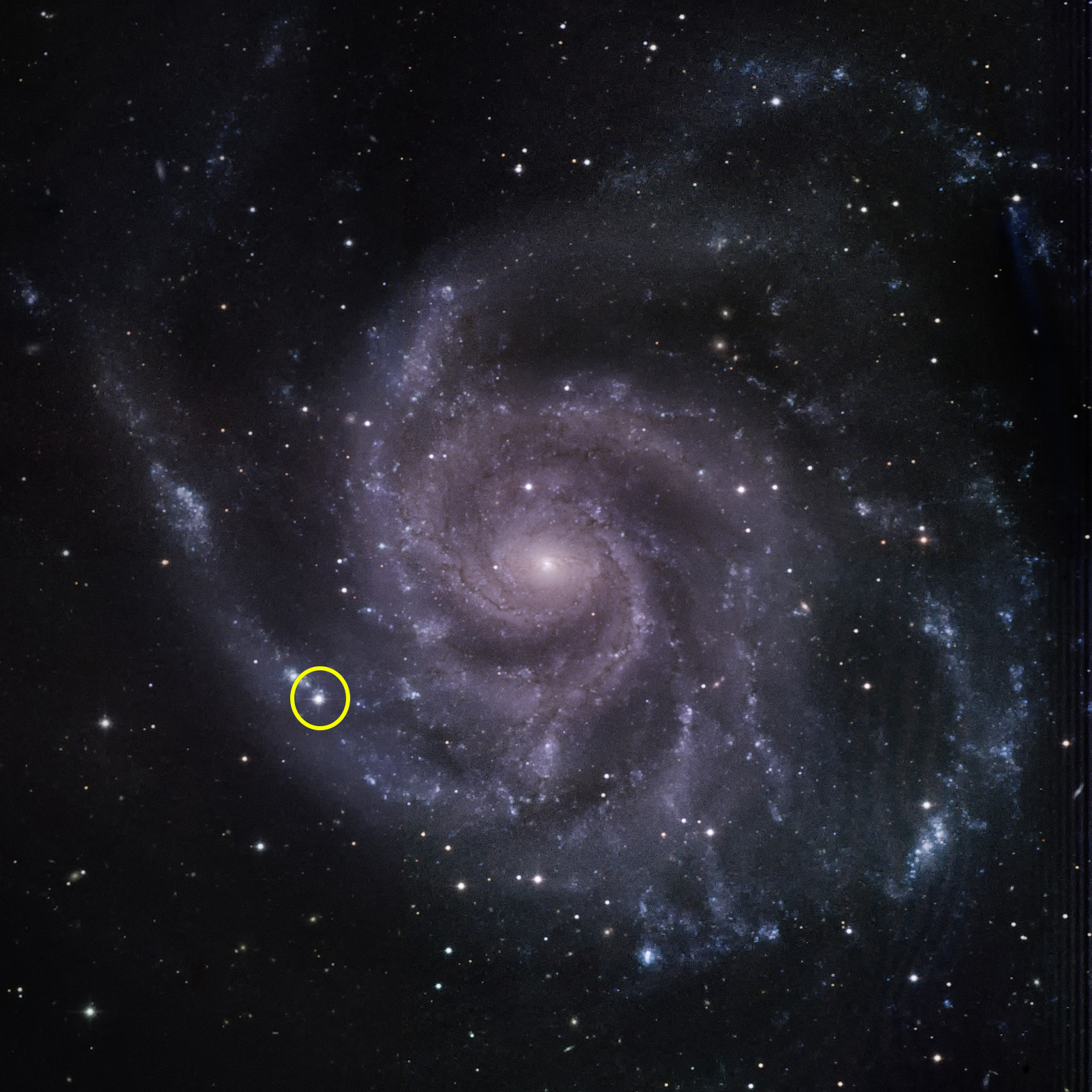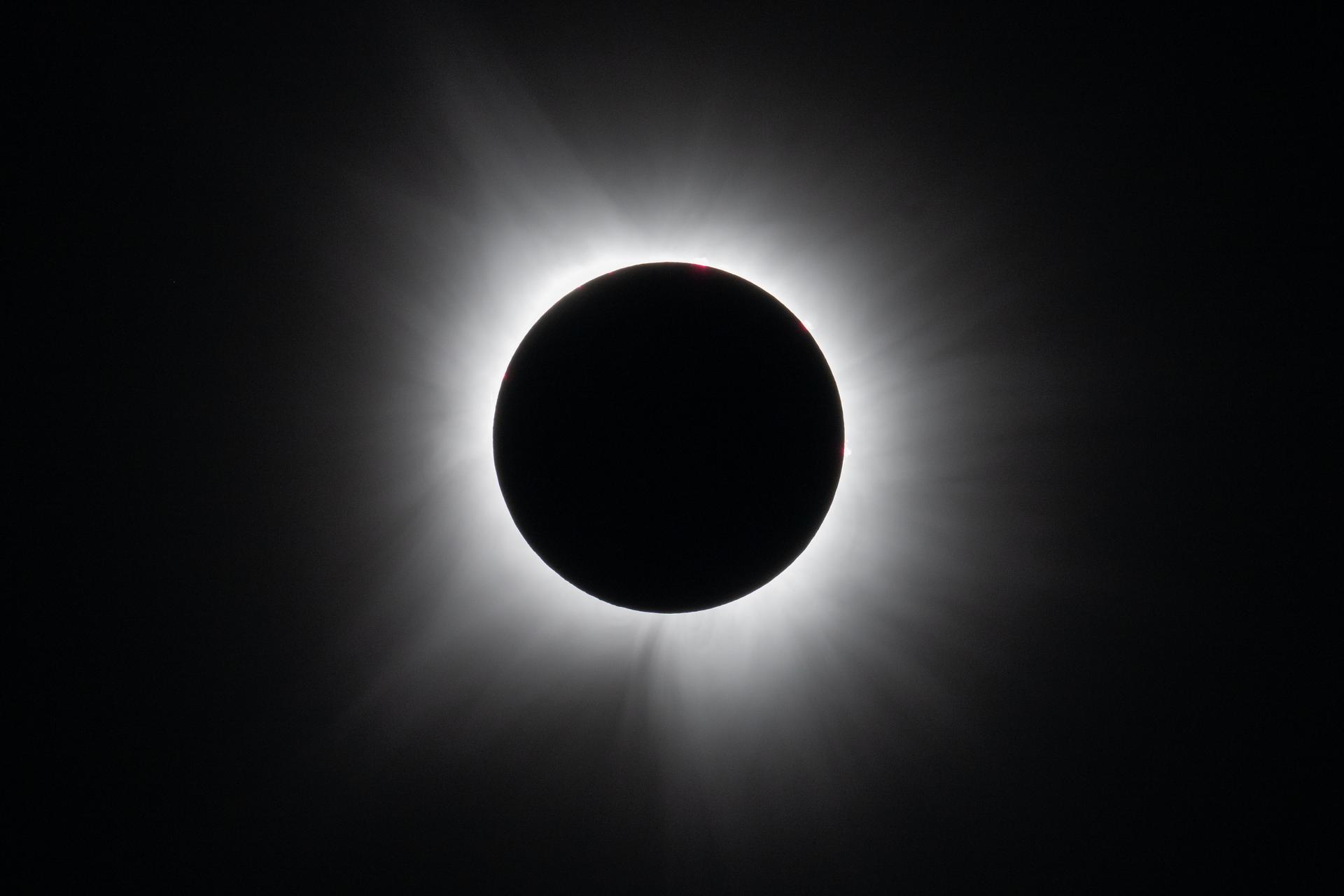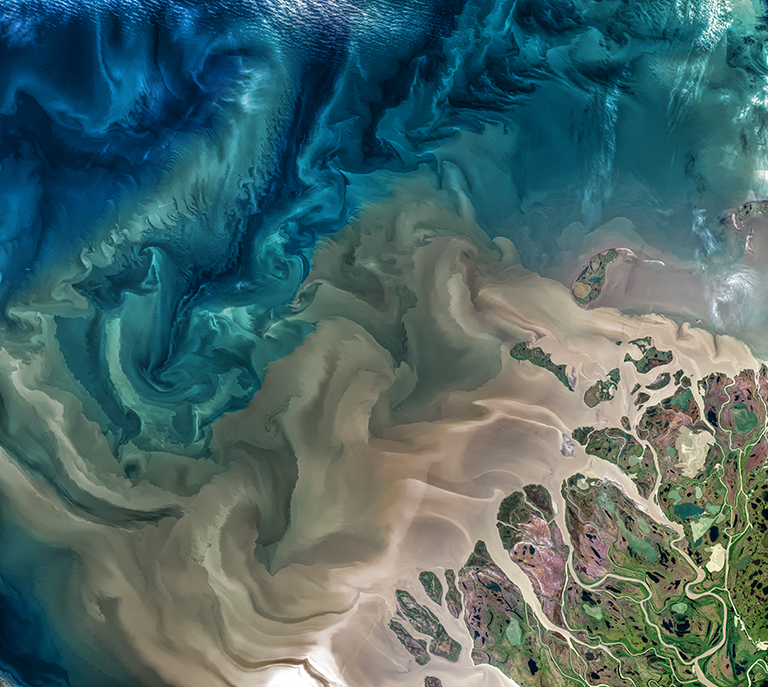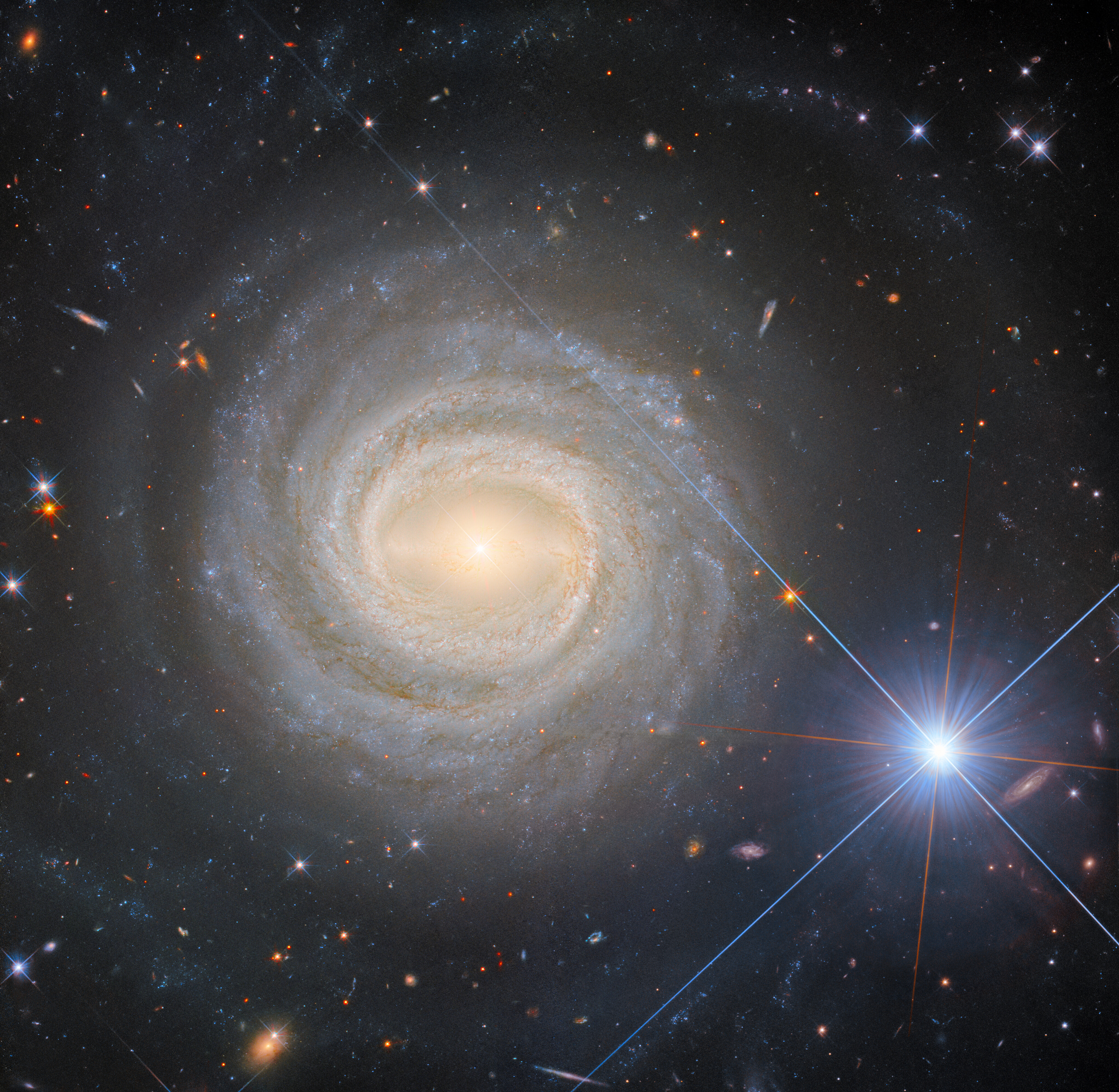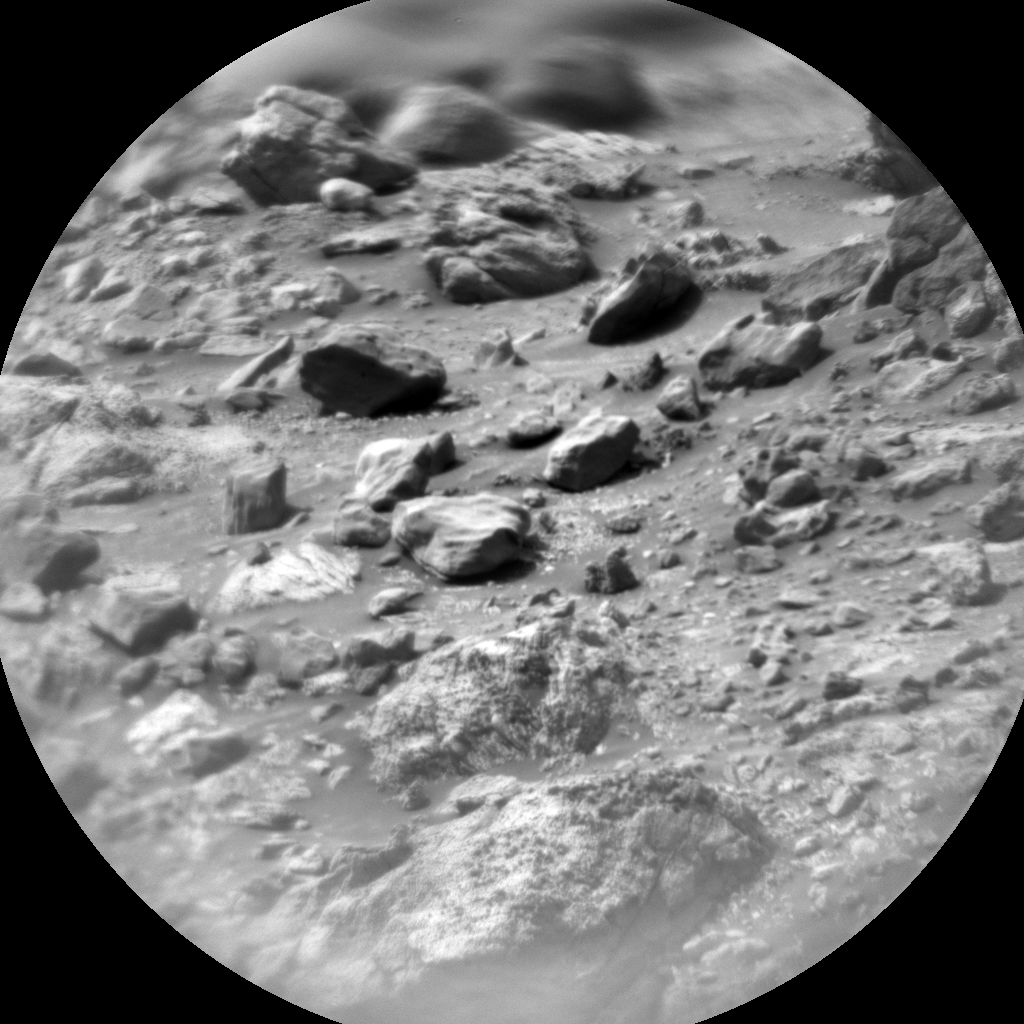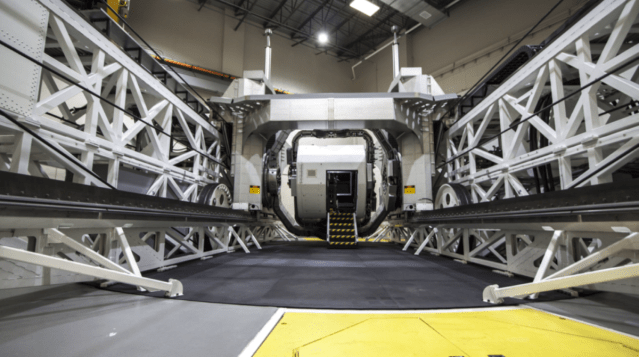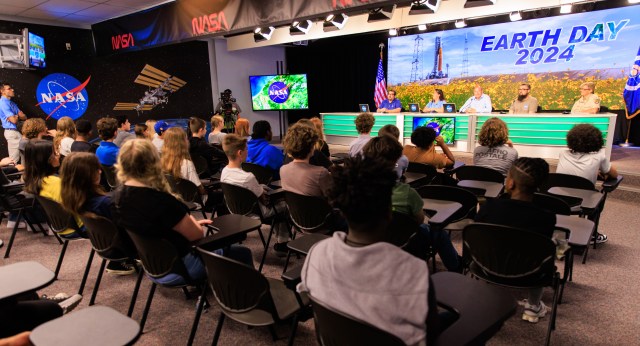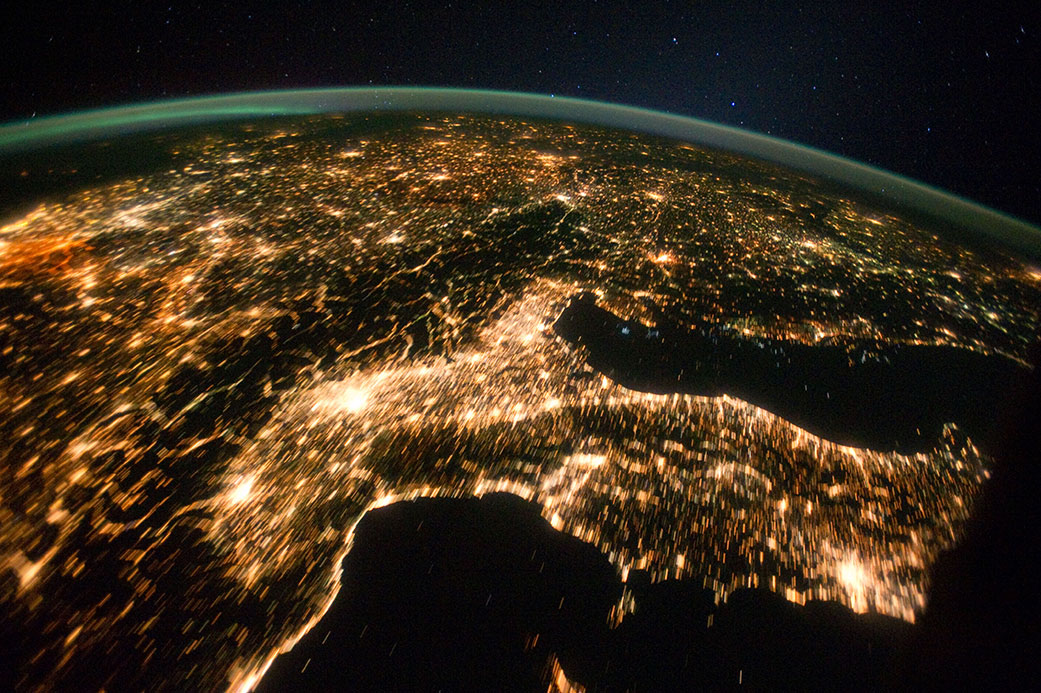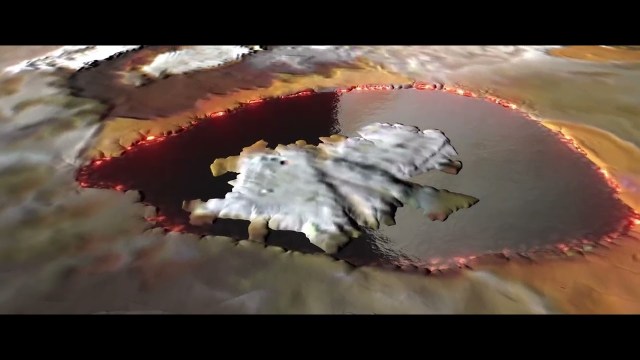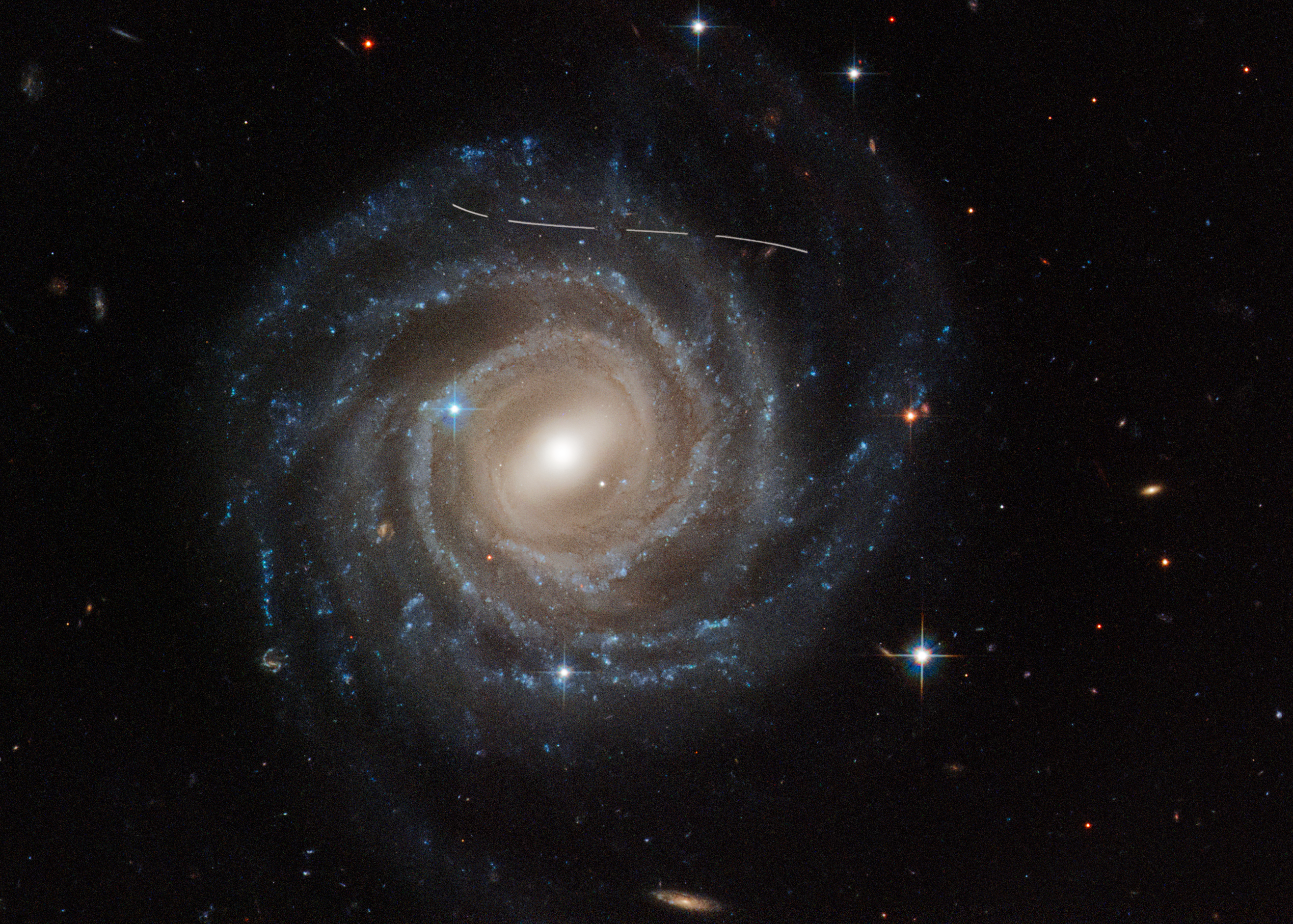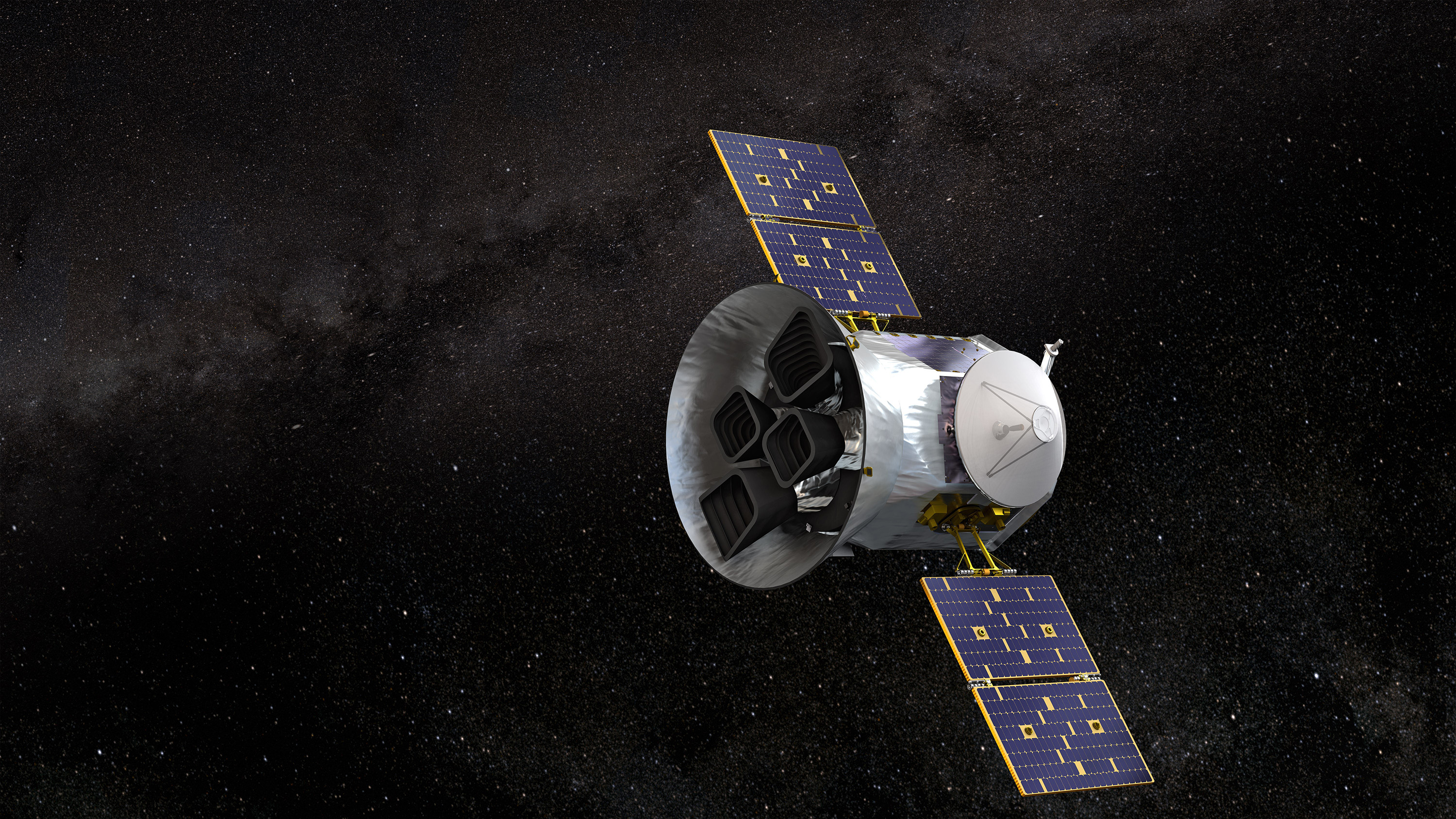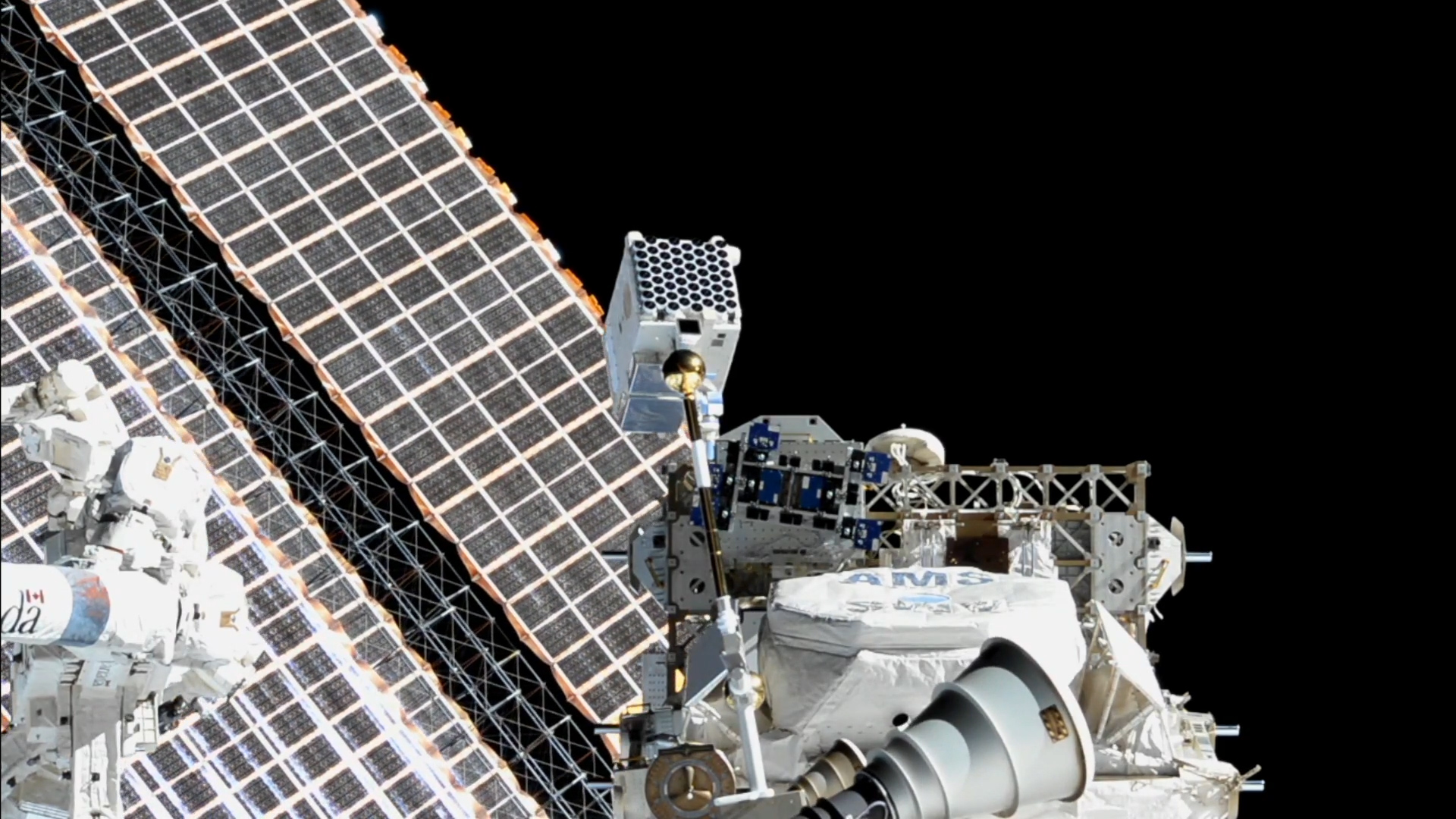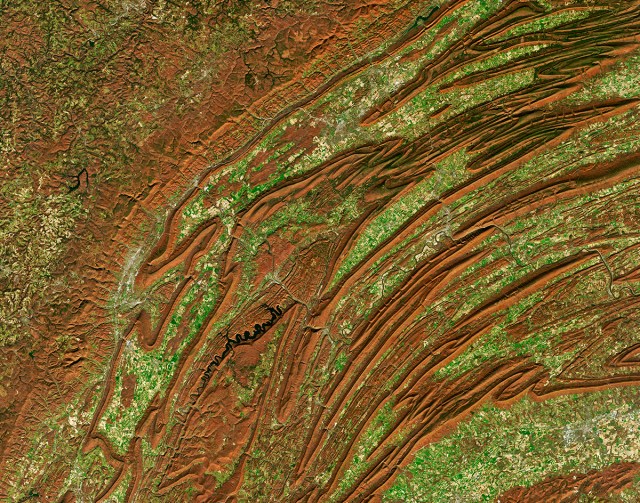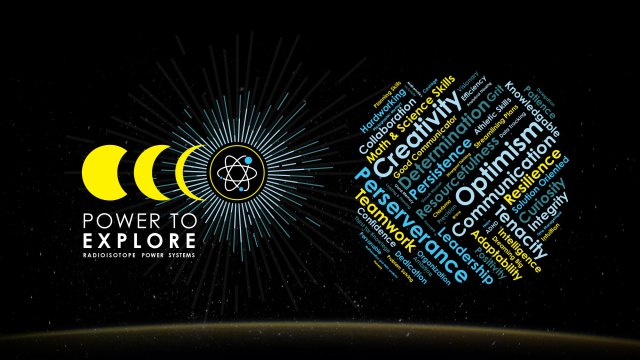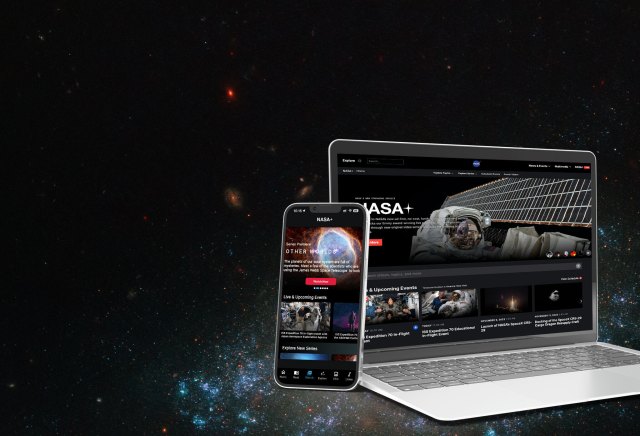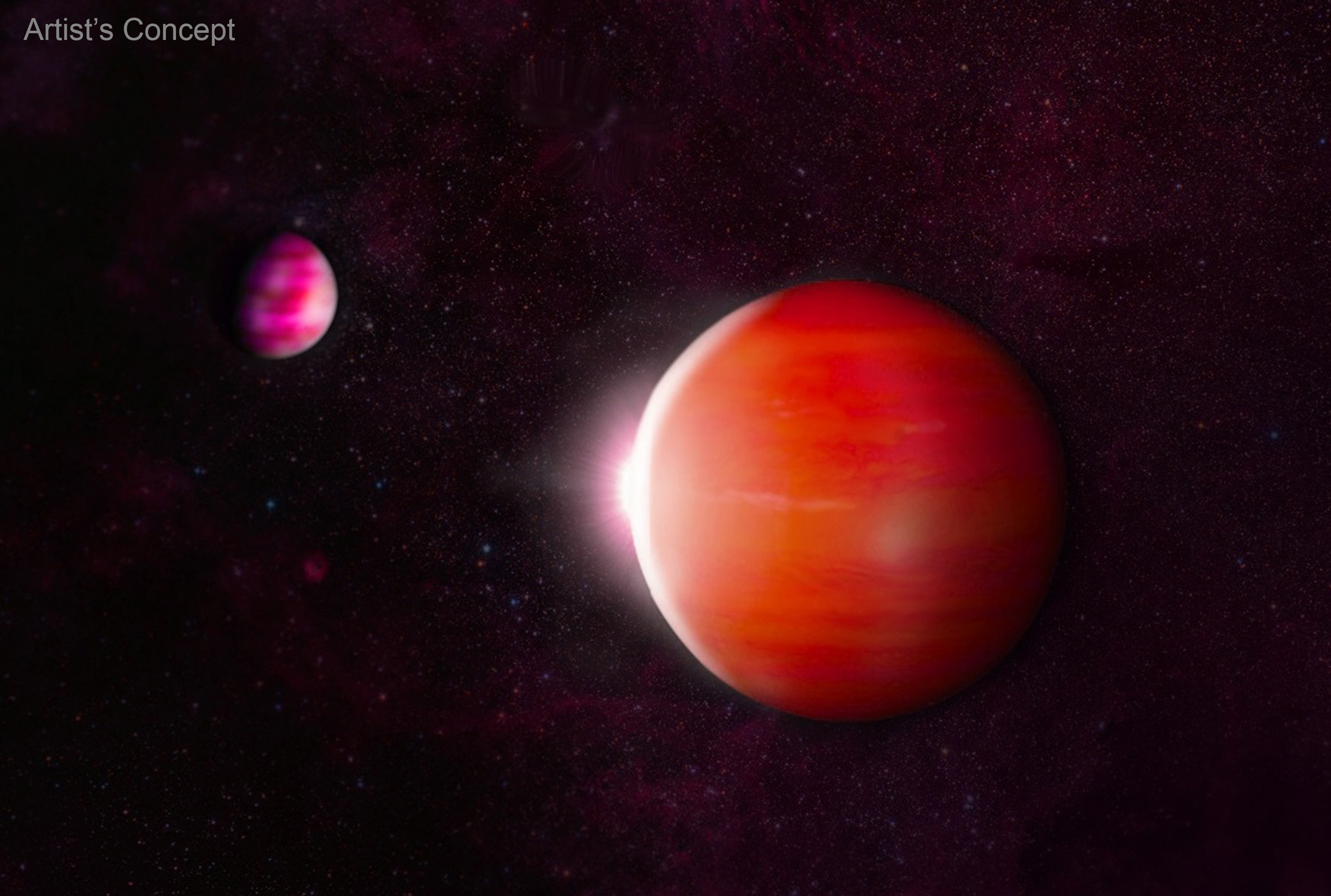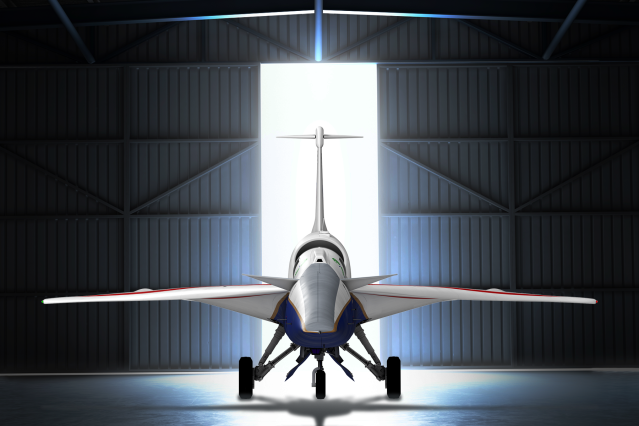When NASA fired up the Additive Manufacturing Facility on the International Space Station to begin more testing of the emerging 3-D printing technology in orbit, one college student in particular watched intently.
In autumn of 2014, a high school senior in Enterprise, Alabama, Robert Hillan, entered the Future Engineers Space Tool design competition, which challenged students to create a device astronauts could use in space. The catch was that it must upload electronically and print on the new 3-D printer that was going to be installed on the orbiting laboratory.
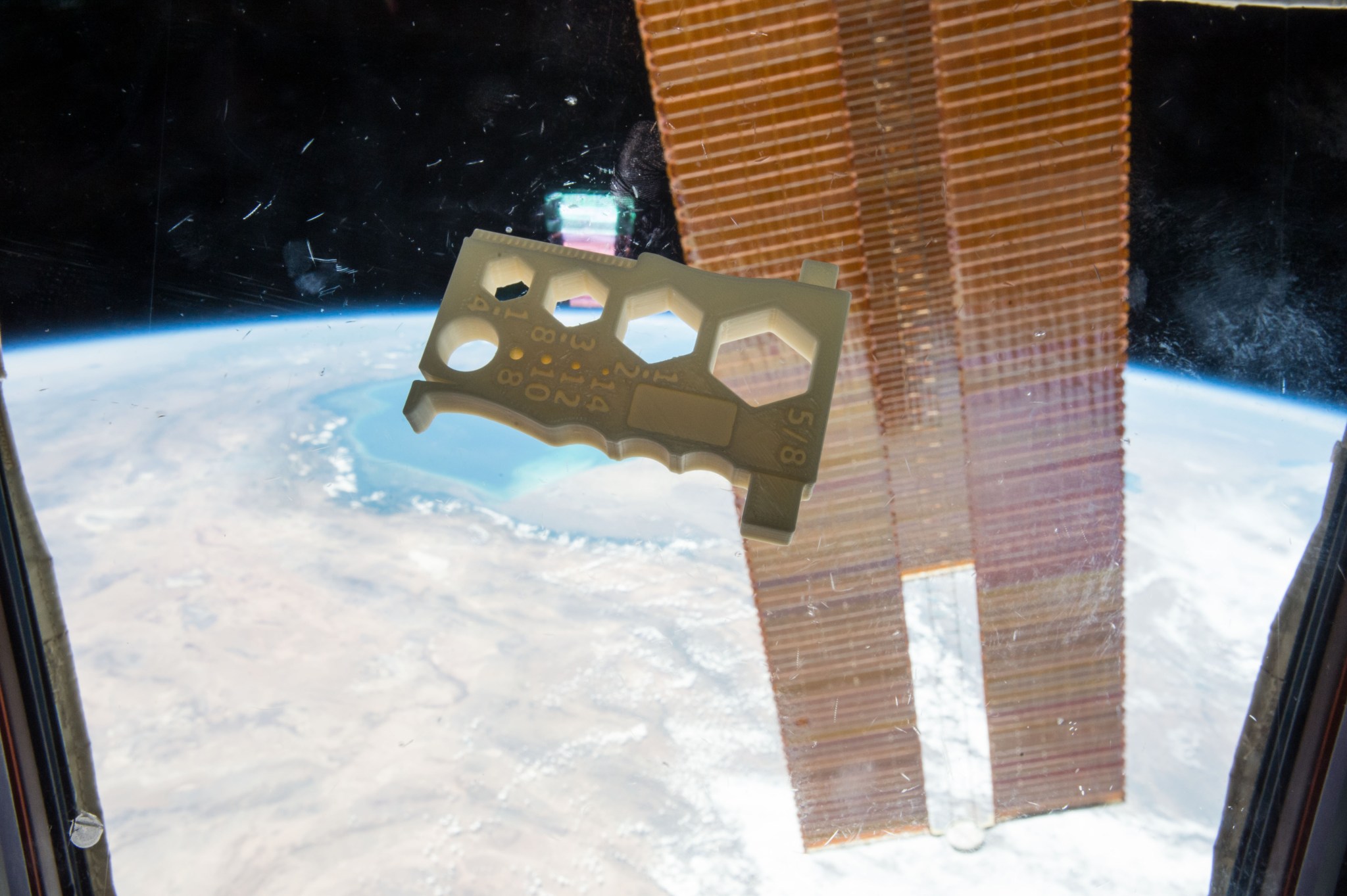
In January 2015, NASA and the American Society of Mechanical Engineers Foundation announced that Hillan’s design, a Multipurpose Precision Maintenance Tool, was selected out of hundreds of entries to be printed on the station.
“Our challenges invite students to invent objects for astronauts, which can be both inspiring and incredibly tough,” said Deanne Bell, founder and director of the Future Engineers challenges. “Students must have the creativity to innovate for the unique environment of space, but also the practical, hands-on knowledge to make something functional and useful. It’s a delicate balance, but this combination of creativity, analytical skills, and fluency in current technology is at the heart of engineering education.”
Hillan’s design features multiple tools on one compact unit, including different sized wrenches, drives to attach sockets, a precision measuring tool for wire gauges, and a single-edged wire stripper. After the new manufacturing facility was installed on the station in March, NASA uploaded Hillan’s design to be printed.
As a bonus, Hillan was invited to watch his tool come off the printer from a unique vantage point. On June 15, standing amidst the flight controllers in the Payload Operations Integration Center at NASA’s Marshall Space Flight Center in Huntsville, Alabama, which is mission control for space station science, Hillan looked on as NASA astronaut Jeff Williams displayed the finished tool from the station’s Additive Manufacturing Facility. The Marshall Center is located just a few miles from where Hillan is a sophomore engineering student at the University of Alabama in Huntsville.
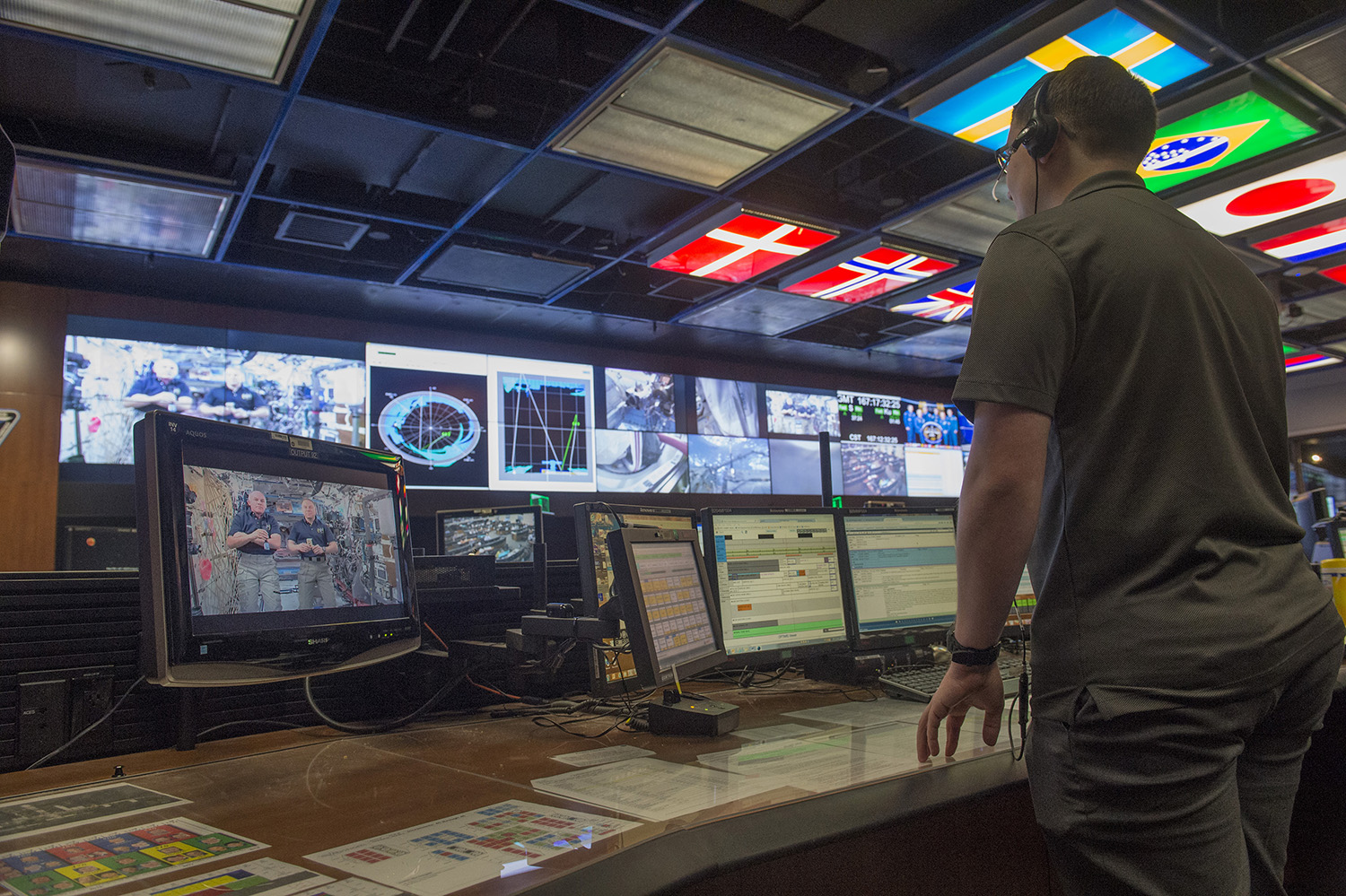
“I am extremely grateful that I was given the opportunity to design something for fabrication on the space station,” Hillan said. “I have always had a passion for space exploration, and space travel in general. I designed the tool to adapt to different situations, and as a result I hope to see variants of the tool being used in the future, hopefully when it can be created using stronger materials.”
Not only did Hillan get to watch his tool being made, he also got to spend a few minutes chatting with astronauts on the station.
NASA astronaut Tim Kopra, a current station crew member, congratulated Hillan, saying “When you have a problem, it will drive specific requirements and solutions. 3-D printing allows you to do a quick design to meet those requirements. That’s the beauty of this tool and this technology. You can produce something you hadn’t anticipated and do it on short notice.”
“You have a great future ahead of you.”
The space station’s 3-D printer caught national headlines late in 2014 when it started operations and built nearly two dozen sample designs that were returned to the Marshall Center for further testing. NASA is continuing 3-D printing development that will prove helpful on the journey to Mars with the newly installed Additive Manufacturing Facility.
“When a part breaks or a tool is misplaced, it is difficult and cost-prohibitive to send up a replacement part,” said Niki Werkheiser, NASA’s 3-D Printer program manager at Marshall. “With this technology, we can build what is needed on demand instead of waiting for resupply. We may even be able to build entire structures using materials we find on Mars.”
Winning this competition made Hillan see the space industry in a different light, and it may have changed the direction of his future.
“When I won the competition, I started seeing problems I face as new opportunities to create and learn,” Hillan said. “Since then I have tried to seize every opportunity that presents itself. I love finding solutions to problems, and I want to apply that mentality as I pursue my engineering degree and someday launch my own company.”
NASA’s Advanced Exploration Systems Division, in partnership with the American Society of Mechanical Engineers Foundation, continues to provide an ongoing series of Future Engineers 3-D Space Design Challenges. Through these challenges, students become the creators and innovators of tomorrow by using 3-D modeling software to submit their designs of 3-D printable objects for an astronaut to theoretically use in space. See Future Engineers for results and the latest information about the series.

